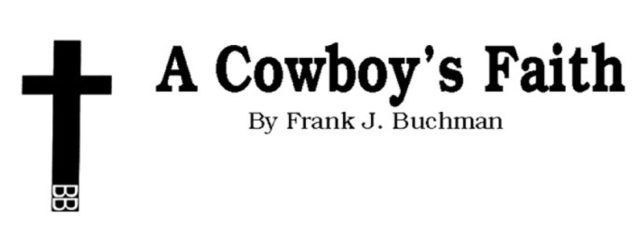“Where there’s fire, there’s smoke.”
“When there’s wind, the smoke spreads.”
Known always, yet reported problematic much more in recent years.
City concerns come to forefront when ranchers strike matches clearing surplus pre-year pasture growth.
Government has come into action creating rulings such conditions must be met before burns begin. Still, Mother Station always has the upper hand.
Moisture, humidity, temperature, wind all “just right,” lawmaker’s permission granted, everything can immediately go awry.
Numerous factors create “change” in well-planned blazes. Foremost is immediate transition in wind speed and direction.
Hazards are instantly created from what appeared safe now becoming uncontrollable.
Destructive fires in the Southwest last month and a year ago best portray the most serious dilemma.
Extent of losses rightly overrode the smoke issue, then. Yet, quickly forgotten when thousands of acres Flint Hills were aflame last week.
Smell and fog were in the air all-around. Sky-covered haze and distinctive, derogatory aromas drifted.
Robust gusts changing and moving distributed those tell-tale incinerator accompaniments.
That’s beyond rural communities, the state’s largest cities and into neighboring states.
Smoke alarms sounded, so to speak, as good-doers miles away from ranchland shouted. “There’s smoke in the air. It’s hazardous to our people’s health.”
That’s a fact. Smoke can create breathing and other ill body conditions.
Thus, becomes a much more complex issue. Nobody wants to harm another’s wellbeing.
Yet, the only way to keep the world’s largest native grassland intruder free is correctly-managed burning.
Can’t help but think of simpler, but just as true situations. Smoking has been proven harmful not only to the smoker, but to everyone breathing the fumes.
Laws forbid lighting up in public places, in response to that danger. Even in “smoking areas,” hand-scribbled signs threaten “Smokers do not leave doors open, your smoke lingers.”
No question, the most apparent stink transcended by coworkers carries throughout the building.
Not likely, people can be made to stop smoking. Even bigger concern is naïve, city government lawmakers completely prohibiting any blazes for essential grassland management.
Never forget, and there are many factual verifications, the repeated comment from a favorite college professor. “Without fire, the Flint Hills will become a forest.”
Reminds of truthful Isaiah 9:18: “For wickedness burns like a fire devours the briers, thorns, thickets and forest; they roll upward in a column of smoke.”
+++ALLELUIA+++
XI–16–4-16-17
